The Israeli government approved a series of new directives this week meant to roll back restrictions put in place in mid-March to contain the spread of the novel coronavirus. Prime Minister Benjamin Netanyahu gave a televised statement Saturday night praising the accomplishments of the country and its citizens in stabilizing the mortality rate of COVID-19, which he described as among the lowest in the OECD.
The steps Israel has taken – closing its borders to non-residents, implementing mandatory quarantines, banning public gatherings, limiting pubic transport, undertaking contact tracing, and ramping up diagnostic tests – “have proven themselves in slowing the rate of infection and in stabilizing the numbers of seriously ill patients and those on ventilators,” said Netanyahu.
SEE ALSO: ‘Exit’ Plans: Israel Looks For A Way Out Of The Coronavirus Lockdown
Israel currently has close to 14,000 confirmed patients with coronavirus, 139 of which are in serious condition with 113 requiring mechanical ventilation. Israel’s death toll from the disease has climbed to 184 as of April 21, according to Health Ministry figures.
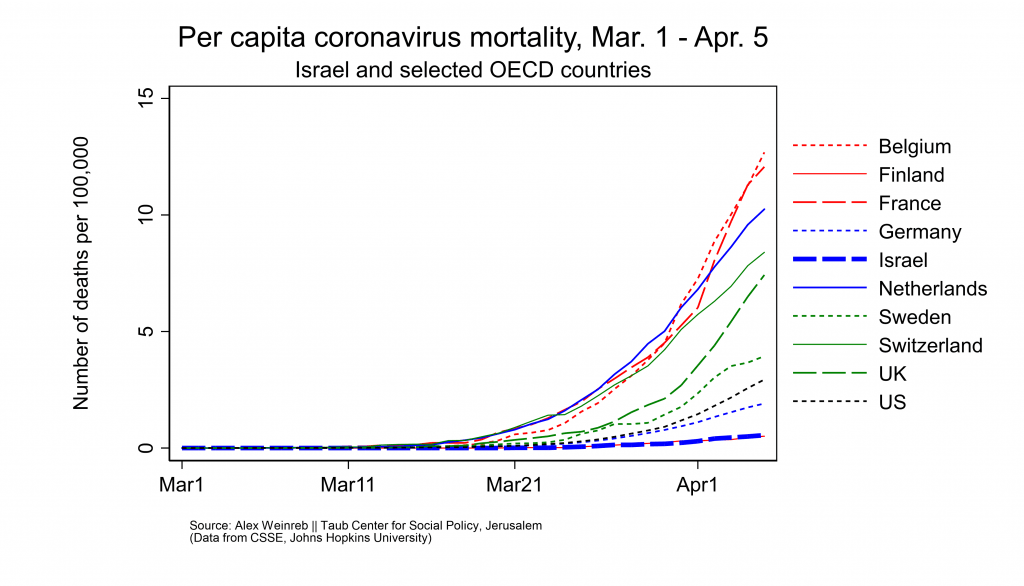
Starting on Sunday, restrictions were eased slightly in both the personal and public spheres but social distancing, mask-wearing, and bans on gatherings are enforced, and other major limitations remain in place. Some industries may resume operations but school is still out. Additional rollbacks may be implemented in the coming weeks depending on the success of the pilot plan, but officials in Israel and the world have urged that we should all prepare for a changed reality and, possibly, a resurgence of the pathogen. The head of the World Health Organization has warned that the “worst is yet to come.”
“Until a coronavirus vaccine is found, we are in a different reality. The entire world has changed. We simply need to live in a corona[virus] routine,” Netanyahu said on Saturday.
The stresses of the pandemic
What could this different reality look like? Dr. Anthony Fauci, the American physician and immunologist who has served as the director of the National Institute of Allergy and Infectious Diseases (NIH) at the Department of Health and Human Services, has suggested that we may never shake hands again, for example. But everything has been affected. From how we travel (or don’t), work, parent, educate, date, socialize, connect with family, manage stress, and exercise – the coronavirus has turned our world upside down over the course of the past three months.
This period “where we shut down the world – and the possibility of it happening again – will be carved into our memories and our consciousness,” says Professor Golan Shahar of Ben-Gurion University’s Department of Psychology, head of The Stress, Self & Health (STREALTH) Lab, and a clinical health psychologist.
“The world has changed and on a behavioral level we are all changed as well,” he tells NoCamels. “We are all spending more time at home, working from home, parenting from home, so family dynamics are changing.” This period will have strengthened bonds for some people and some families “as they’ve had to discover each other, get to know each other and become closer,” says Dr. Shahar.
Dr. Shahar says that as a nation, Israelis have shown resilience but he doubts we will all go back to what was “normal” before the pandemic. “We’ll have a different normal where we will practice social distancing, wear masks, and live in a state of trepidation, at least until a vaccine is found,” he says.
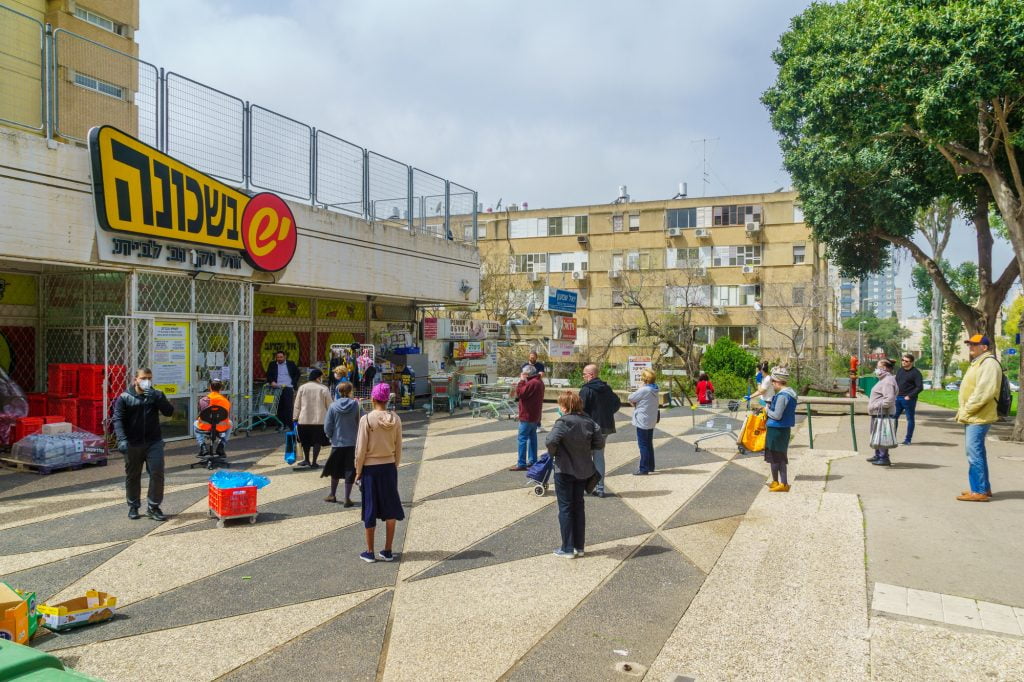
At the same time, people are also absolutely experiencing more stress, especially financially because of job loss or job uncertainty, and since economic stress is a predictor of mental health, explains Dr. Shahar, this is an area that needs to be closely watched.
“Unlike the coronavirus, the financial aspects [of the pandemic] affect everybody so addressing economic stress and anxiety is paramount and it is the leading factor nations will have to think about,” he says. Although Israelis may be in better shape than others, he argues, the government “hasn’t done enough” to alleviate economic concerns and could have been more generous in assisting small businesses and providing unemployment benefits to more people.
This week, the cry of a falafel vendor from Ashdod facing economic ruin was heard across the country, generating much sympathy, donation drives and even a call from Netanyahu.
Professor Dan Galai, a leading economic expert and the former dean of the Hebrew University of Jerusalem’s School of Business Administration, tells NoCamels that there are people and businesses that will not bounce back easily after we emerge from this crisis. Israel’s unemployment rate is at over 25 percent, with over a million people out of work currently.
Across industries, “people who have been furloughed may or may not return to work. We don’t know yet. Once the market will be free to operate completely, we see just how much the unemployment rate is,” he says, estimating that it may settle at between 7-10 percent, far higher than the four percent pre-pandemic.
The tourism industry, for example, has been “absolutely devastated and it will take at least six months to a year to restart that sector,” says Professor Galai. Even then, there will be permanent losses that cannot be recuperated. “The high-tech sector is doing much better and seems to be taking this time to re-organize and stabilize salaries that were very high,” he explains.
“But there will be major changes across the board as more people realize they can work remotely – lawyers, accountants, etc. There will be more strategic planning and flexibility around work, possibly more office-sharing too,” says Professor Galai.

The pressure on families is another major consideration. “As long as kids are not back at school, you can’t have the full workforce back at full capacity. A decade or so ago, you could have one person supporting a family but now this requires two salaries so there is a change of paradigm.”
The government, he says, will have to help, on the one hand, and restructure, on the other hand. “But everybody will pay; there’s no free lunch.”
And although Israel went into the pandemic from a “good place” economically, says Professor Galai, it is still dependent on global events and its recuperation will be influenced by what happens internationally, especially in terms of trade and air traffic.
Changes in international ties
Dr. Yonatan Freeman, an international relations expert with Hebrew University’s Political Science Department, tells NoCamels he believes countries will begin being much more protective of certain industries and that this will, in turn, affect economic ties and free trade.
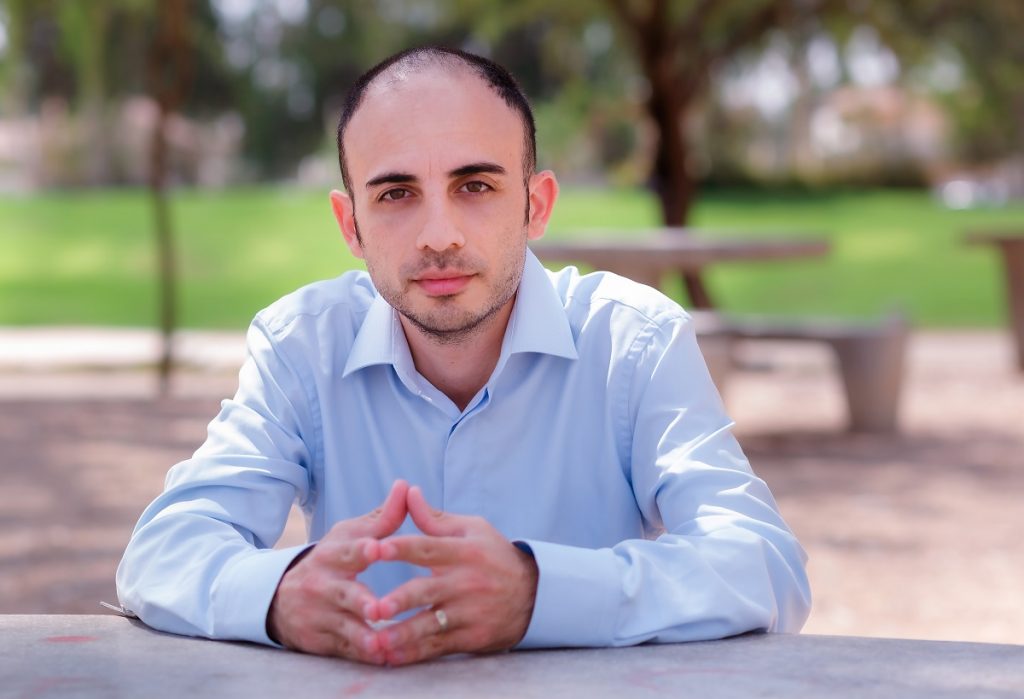
The crisis, he says, “has shown us that there are so many industries that are vital to fighting a pandemic such as manufacturing and production of hospital equipment, protective gear, and so on, and countries will begin building stockpiles and guarding them.”
Certain nations with state-owned industries like China, for example, have been able to quickly convert to making protective kits and masks, and other equipment, he explains.
Countries across the globe are currently vying for key supplies as they fight the pandemic. Last week, Israel is said to have turned down a request from the UK to allow ventilators to be exported. Spain’s request to Israel for ventilators has also been delayed.
Sign up for our free weekly newsletter
Subscribe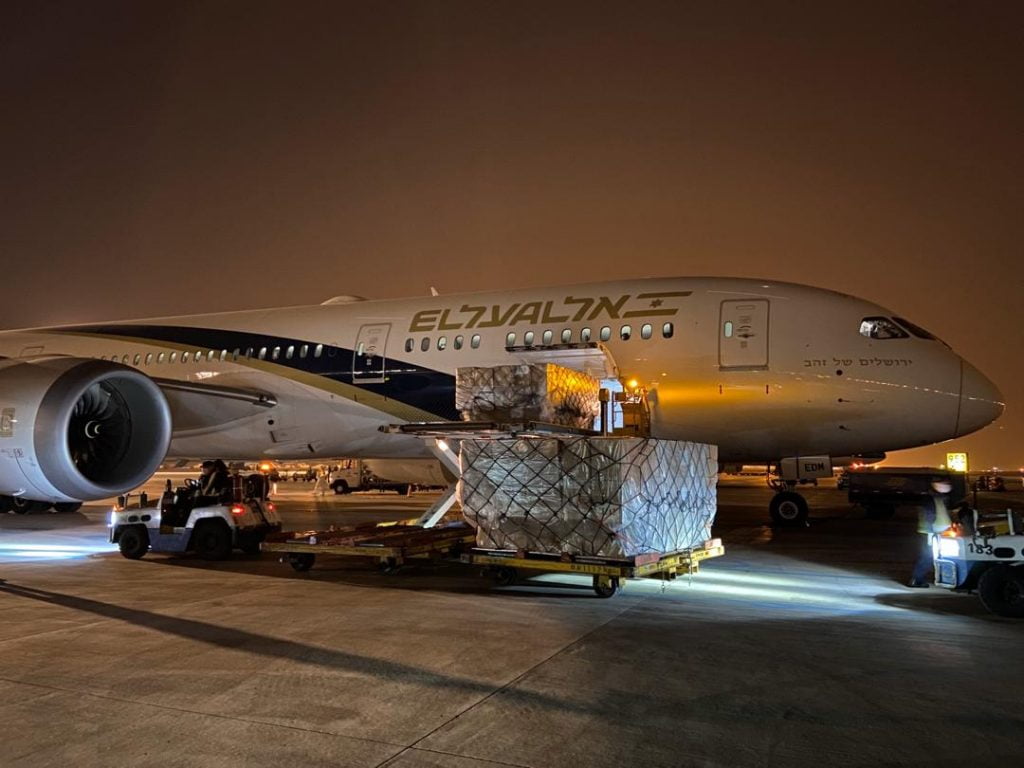
This protective approach in the long run, says Dr. Freeman, may “stifle trade, lead to accusations among countries of affecting free trade, and will likely impact the World Trade Organization.”
We may also see certain policies affecting travel as countries may focus more on the health of travelers with questionnaires upon entry and other measures “to filter who is coming in based on their health,” says Dr. Freeman
At the same time, this period may bring countries together in other ways such as academic cooperation to analyze data, which we already see, joint drills for pandemic responses, and even joint military exercises for a pandemic scenario, he says.
“Countries will definitely be thinking about what they have learned,” Dr. Freeman tells NoCamels.
Life, interrupted
One clear lesson resulting from this pandemic, at least in Israel, is that “resistance to tech is disappearing,” says Dr. Daphna Yeshua-Katz of Ben-Gurion University’s Department of Communications.
“There have been many researchers who’ve been warning us about the ‘evils’ of technology, but this crisis has proven that tech can bring us together. People are finding real, instrumental support online,” she tells NoCamels.
“We are more digitally connected than ever, and I think this will be the case even if we have a vaccine,” she says.
Naturally, there’s been a learning curve with certain groups such as the elderly population who may be more averse to using tech tools, she explains, but this crisis has forced some to rise up to the challenge to stay connected. Dr. Yeshua-Katz runs digital support groups for participants aged 65 and over as part of a research project funded by BGU.
Israel is a family-centric nation and ties to relatives and family events are important here, notes Professor Shahar of the STREALTH Lab, and we will have to think creatively about meeting the needs of elderly parents and family members. “They are the founders of this county and we need to alleviate their loneliness; it is not as lethal as the virus, but it’s still very much a threat,” he says.
Meanwhile, technology has also facilitated a major transformation in education as millions of students and teachers have had to adapt to online learning, with varying levels of success.
Universities have largely embraced distance learning during this period “and some elements may stay after this is over but nothing is better than class interaction,” Dr. Yeshua-Katz acknowledges.
For children – and parents – it’s been more challenging “and has erased the boundary between the work environment and the home environment,” she says.
Israel is in the midst of a raging debate over remote schooling and how this format is supposed to work. Or not.
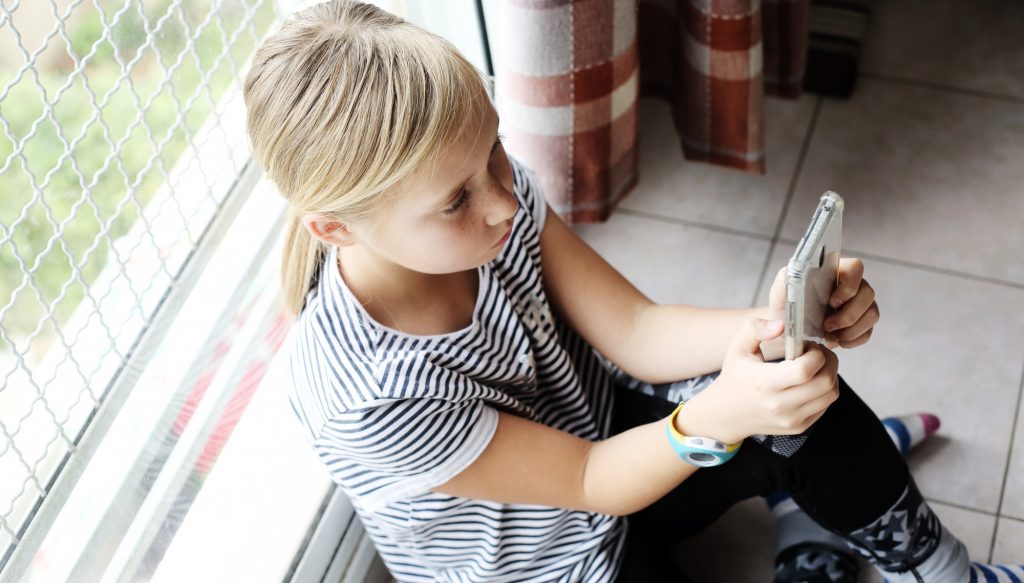
Barbara Harcavi, a certified parenting coach in Israel, tells NoCamels that distance learning can be effective primarily for kids of high school age and older, but may create stress and challenges with children in primary school and younger.
“On the one hand, it gives them something to do but the question is, are they really learning and can they focus in this already stressful environment? At the moment, I’m hearing that there is a lot of revision of material that has already been studied, but what about new material?” she asks.
For younger kids, it’s a totally different story “as they need a connection” that can’t really be replicated online. Younger children also need guidance and supervision when learning online, an added stress for parents.
Children who are even younger are also experiencing some regression, says Harcavi. “Whether it’s sleep, or potty training, demanding more attention, behaving in baby-like ways,” she explains.
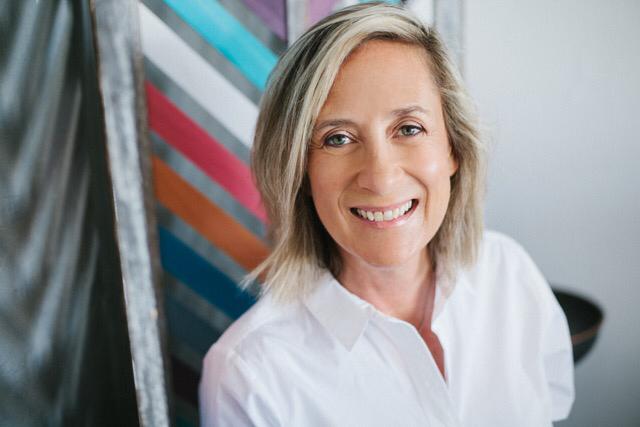
“The stress affects everyone; if both parents are working, there may be some fights about who is working and who is with the kids. If one parent is working, there may be less stress as the other cares for the kids. But [at the end], there will be marriages and partnerships that will be strengthened by this period, and some will realize that they do not want to be together,” Harcavi says.
Parents may also take this time to recalibrate in other ways, she points out. “People who are very career-driven and work long hours away from home are home all the time now, spending more time with kids, and perhaps they feel that now is the time to change things. It is a time of reflection on what is important – spending time together, being healthy – and what isn’t,” she says.
“Some will certainly go back to how things were before, others may seek to work less and spend more time with their kids, maybe some will consider a career change. It can be a positive thing,” Harcavi continues.
For now, it is important to keep a rough schedule, enjoy moments together, schedule joint activities, adhere to bedtimes, and communicate,” she stresses. Harcavi also urges parents not to fret too much about screen time either. “Let’s not go crazy with the expectations, there is so much stress already. We, adults, are also binging on Netflix. It’s good to have a time limit but this is the reality for now.”
What’s certain, she emphasizes, is that when the kids eventually go back to school and other educational programs, they are likely to experience separation anxiety and other issues, as it will be a process of adaptation all over again.
“Parents have to approach this with empathy and a lot of patience,” Harcavi concludes.
Related posts

Rehabilitation Nation: Israeli Innovation On Road To Healing

Israeli High-Tech Sector 'Still Good' Despite Year Of War


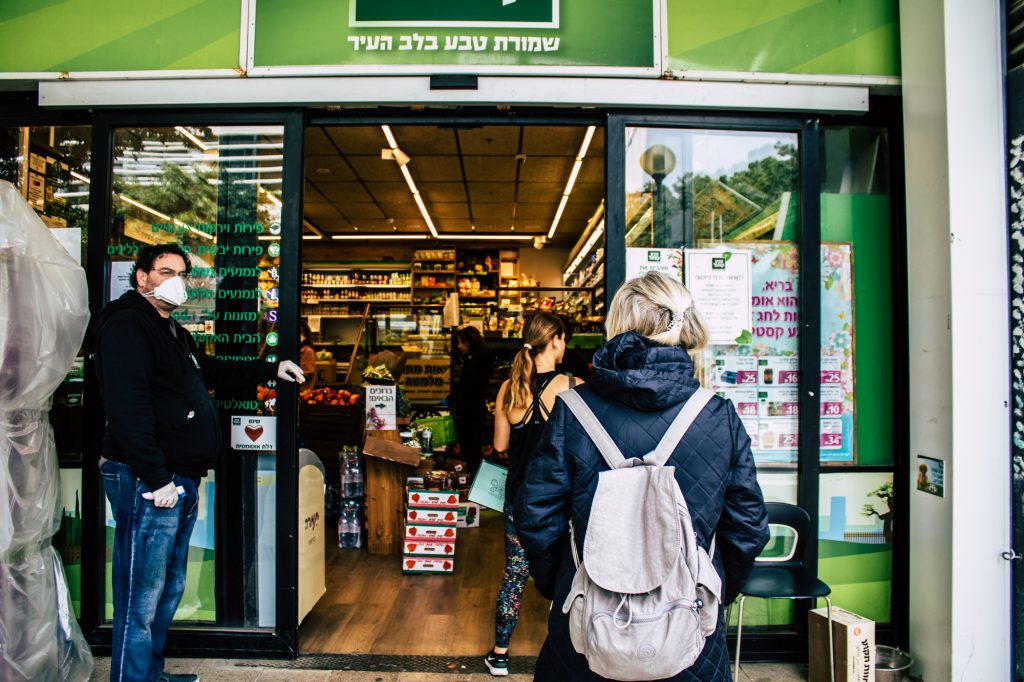


Facebook comments